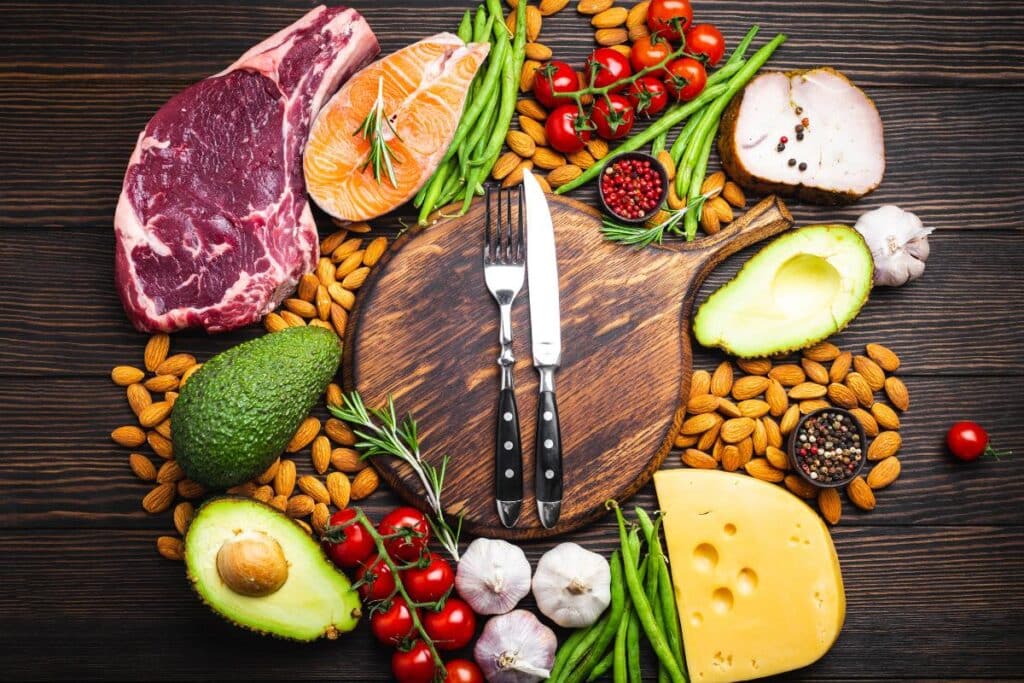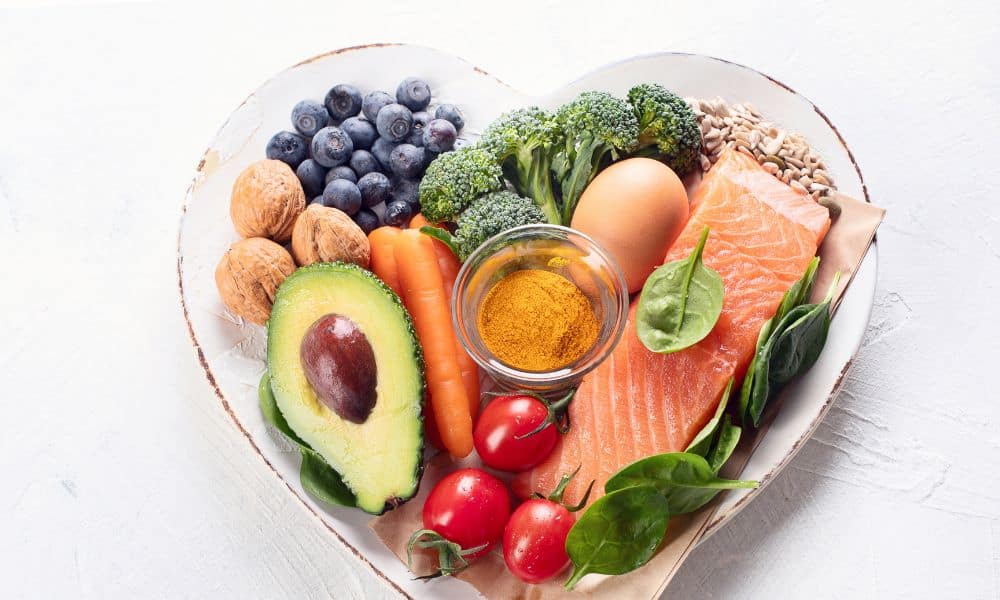Do you want to know how to build muscle on the ketogenic diet? We will also debunk myths and explain how to maximize muscle growth. The ketogenic diet, known for its emphasis on low carbohydrates and high fats, has gained popularity as a weight loss and metabolic health tool. However, lingering misconceptions exist that building muscle on a low-carb diet is difficult or impossible.
This article will address these misconceptions and explore the importance of protein intake and amino acids for muscle growth. Additionally, we will delve into strategies to optimize muscle building while following a ketogenic diet.
Debunking Misconceptions about Gaining Muscle on a Low-Carb Diet
Myth 1: Carbohydrates Are Essential for Muscle Growth
Carbohydrates have long been associated with muscle building because they replenish glycogen stores and provide energy for intense workouts. However, research suggests that the body can adapt to using fats efficiently for fuel, even during high-intensity training. In ketosis, the body relies on ketones and fatty acids as its primary energy sources, sparing muscle glycogen for essential tasks and preventing depletion during workouts.
Myth 2: Ketogenic Diet Leads to Muscle Loss
Concerns about muscle loss on a ketogenic diet arise from the breakdown of amino acids during gluconeogenesis – converting protein into glucose. However, when sufficient protein is consumed and the body is in ketosis, muscle mass can be preserved and even grown effectively.
Importance of Protein Intake and Amino Acids for Muscle Growth
1. Protein as the Building Block of Muscles
Proteins are composed of amino acids, which serve as the building blocks for muscle tissue. Consuming adequate protein is essential to support muscle growth and repair. Without carbohydrates, the body relies more on amino acids for energy, making protein intake crucial to avoid muscle breakdown.
2. Leucine – The Key Amino Acid
Leucine is vital in stimulating muscle protein synthesis among the essential amino acids. Studies have shown that leucine-rich diets are effective in promoting muscle growth, even in the absence of high carbohydrate intake.
Strategies for Optimizing Muscle Building on Keto
1. Prioritize Protein Intake
Aim to consume sufficient protein from various sources like grass-fed meats, poultry, fish, eggs, and dairy. Depending on individual factors such as activity level and muscle-building goals, daily protein intake should range from 1.2 to 2.2 grams per kilogram of body weight.
2. Time Protein Consumption
To maximize muscle protein synthesis, distribute protein intake evenly throughout the day. Consuming a serving of protein with each meal may be beneficial, and include a protein-rich snack after workouts.
3. Incorporate Healthy Fats
Fats are a significant component of the ketogenic diet and should not be neglected. Incorporate healthy fats from avocados, nuts, seeds, and olive oil. Fats play a vital role in hormone production and overall health.
4. Stay Hydrated
Adequate hydration is essential for muscle function and recovery. Water supports nutrient transport and waste removal and helps maintain optimal performance during workouts.
5. Targeted Carbohydrate Intake
Although a ketogenic diet is low in carbohydrates, strategically incorporating some carbohydrates around workouts can provide additional energy during intense training. Targeted carbohydrate intake may help maintain performance without compromising ketosis.
6. Monitor Progress and Adjust
Each individual may respond differently to a ketogenic diet concerning muscle building. Regularly monitor progress, strength gains, and body composition. Adjust your macronutrient ratios and calorie intake as needed to achieve optimal results.
If you love bodybuilding, share this article on Facebook or Twitter so that others can learn more about building muscle.
Conclusion
Contrary to misconceptions, building muscle on a ketogenic diet is possible and can be highly effective when strategically approached. Protein intake and amino acids are fundamental for muscle growth and preservation, and the ketogenic diet can be adapted to provide these essential nutrients.
Individuals can optimize muscle building by prioritizing protein intake, incorporating healthy fats, staying hydrated, and managing carbohydrate intake while following a ketogenic lifestyle. As always, consulting with a healthcare professional or nutritionist is crucial to tailor the diet to individual needs and fitness goals. With the right approach and dedication, combining the ketogenic diet and muscle building can lead to remarkable strength, performance, and overall well-being transformations.
If you love bodybuilding, share this article on Facebook or Twitter so that others can learn more about building muscle.




